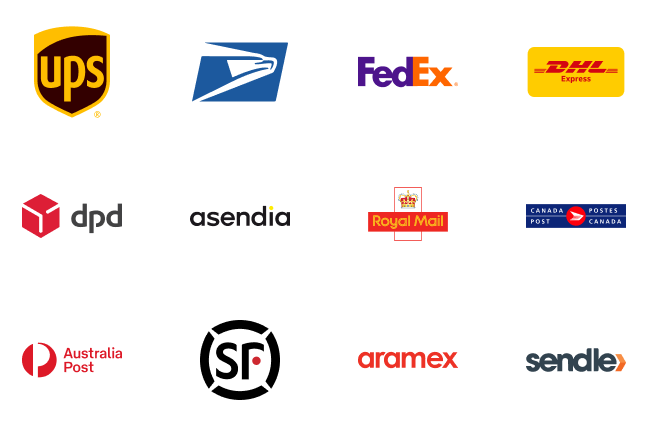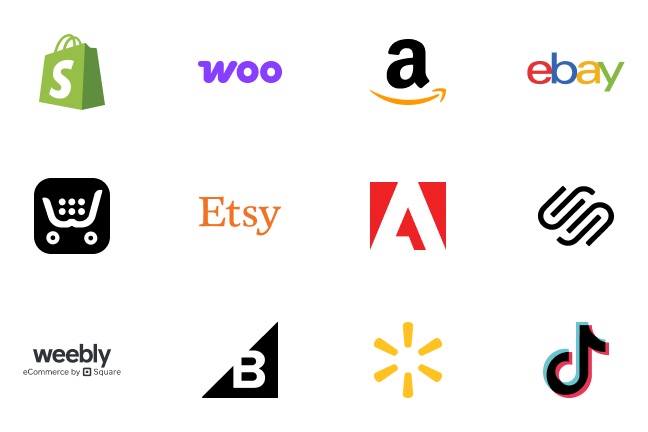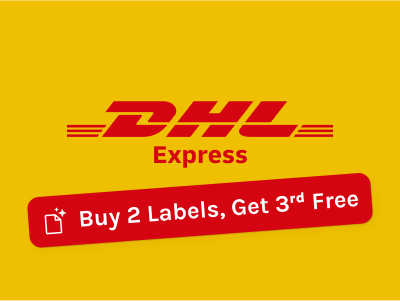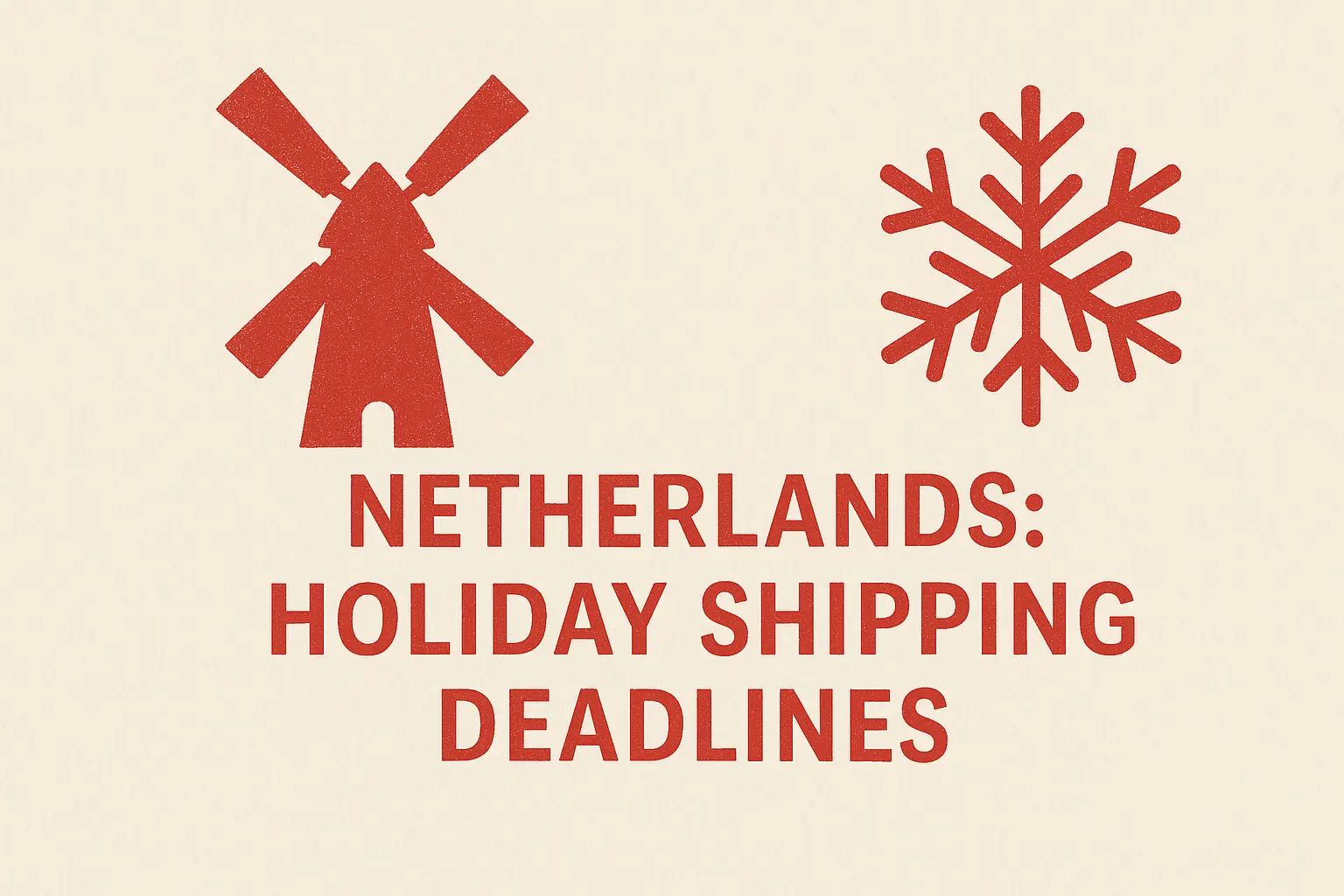Kickstarter and Indiegogo are the two very popular crowdfunding sites that will help raise funds for your project, startup, or small business.
By being on these platforms, your campaign can be exposed to a huge audience, increasing your chances of reaching your funding goal.
Why would other platforms be better options than Kickstarter and Indiegogo?
Each crowdfunding website has a different approach and area of success.
Although Kickstarter is one of the most popular crowdfunding platforms, it is not ideal for projects that are looking to raise awareness, or are charity based.
Indiegogo's platform is good for flexible funding projects, but focuses more on artistic entrepreneurs.
They both also charge 5% of the funded money as platforms fees.
If you don't think Indiegogo and Kickstarter are the right fit for your campaign, the good news is that you can find other crowdfunding sites that cater to certain niches or have fewer platform and payment processing fees.
Consider the following alternative platforms:
FundRazr
This Canadian-based crowdfunding platform focuses on raising money for good causes like medical care, memorials, animal rescue, and more. This platform works best for project creators that expect to have large amounts of investments in smaller number contributors.
Special features:
You get access to a Facebook app that enables you to generate Facebook pages for your crowdfunding campaign. This social media feature definitely comes in handy when you are setting up your campaign.
Fees:
The platform fees are 5%, regardless of how successful the crowdfunding campaign is. It also charges 2.9% for payment processing fees, per transaction, as long as the campaign is active.
RocketHub
RocketHub is a crowdfunding website that focuses on creative projects in the science field. They are partners with A&E project Startup.
Special features:
It is simple to use with a three-step process to upload your project. You also have the ability to track the progress of your project.
Fees:
It charges a 4% platform fee along with another 4% per credit card transaction for each successfully funded project. For unsuccessful projects, you will be charged 8% as the platform fees and 4% credit card transaction charges.
Ulule
This crowdfunding website is based in Europe. It lets project creators present original and unique ideas. This is ideal for small businesses, especially those that are home-based. If you have a different and one of a kind idea, then this platform is perfect for you.
Special features:
Ulule supports 6 languages including French, English, German, Spanish, Portuguese, and Italian.
Limitations:
It basically uses reward-based model and suits B2C projects. However, if the campaign is not successful the business will not get the funds. Only successful campaigns who meet their goal will have access to funds raised.
Platform fees:
It charges 5% fees if funding goals are met along with 3% transaction fees. After including VAT and other charges, the total reaches to 8%. But if the funding goals are not met then nothing is charged and the project is removed.
GoFundMe
This is a very good platform if you are planning on raising money for a cause, charity, or even for a personal campaign like bills or traveling fees. It is a platform based on the donation-based model of crowdfunding.
Special features:
It has an easy to use dashboard and many widgets. You can easily integrate social media into your campaign and create pages that can be easily shared to spread the word for your cause.
Fees:
GoFundMe charges 5% on each donation which makes it equivalent to 5% on the total donation amount.
Limitations:
For payment processing, you can only use either PayPal or WePay. The payment processing fees for both of these services range from 2.9% to 3.5%.
Mightycause
Formerly Razoo, this is another donation-based crowdfunding platform that is gaining popularity, with higher success rate. But it is not just for donations and social or personal causes - Mightycause caters to more than that. There are 4 sections including corporations and individuals. It can also be beneficial for small businesses looking to fund projects.
Special features:
Mightycause has a donations widget that lets you make a donation section in any blog. It also has a Facebook widget that lets you generate Facebook pages to support your campaign. Additionally, they offer an iPhone app where you can manage your project and stay in touch with your donors via mobile.
Fees:
The platform fees are less compared to the competition, charging only 2.9% of the total funds raised. There are no payment processing fees or additional charges.
CrowdCube
This crowdfunding website is purely business and investment based. That being said, the scrutiny of the application is a bit strict and lengthy. It is based on the equity crowdfunding model, offering perks to investors.
Special Features:
You can track your campaigns and the support material is very extensive. Recently, CrowdCube has launched a “flags” feature to identify and showcase the global investment opportunities available on the website.
Fees:
The fee is variable and is flexible for partners. You can start working directly as a campaigner or through a nominee.
Things to consider for crowdfunding as a business
To be successful in crowdfunding, you need to know what to focus on and what is required to run a successful and effective campaign. The more people know about your campaign, the greater chances you have of getting fully funded.
- Set up a budget with room for marketing costs. As there are thousands of campaigns on every platform, you've got to have strong marketing to stand out and make people notice you. Don't be afraid to use resources available online to help market your campaign.
- Videos and photos are the best media to grab backers' attention. Nothing catches the eye more than a video. Make full use of the video and make sure that you get the message effectively across to the viewer about what your project is about. Campaigns with effective videos have better chances of getting funded than those without one.
- Consider referral programs. Referral programs are another good way of getting the word out about your campaign. You pay people to refer your campaign to others or generally spread the word.
- Make sure your funding goal covers all expenses. Don't forget to include taxes, fees, and transaction charges in your campaign! Otherwise, you might have to pay those out of pocket or deduct it from the amount raised. Either way, it will be a loss to you, so don't forget to take it into account.
- Don't forget about manufacturing and shipping if you plan on sending physical rewards to your backers. Failing to plan for shipping can be catastrophic for campaigns. At worse, the majority of funds raised end up going towards shipping costs, returns, taxes, and delay disputes, which can eat into your profits or even make you lose money. To make sure you plan effectively, check out our crowdfunding guide.
{{ start-saving-on-shipping-in-seconds }}
Conclusion
Choosing the right crowdfunding platform is important, as it can really affect the success of your campaign.
The right platform can help you reach your goals, but a wrong one might do damage to your cause and make you miss out on important opportunities.
It's also good to think about what kind of investors you need, the charges you are willing to pay, and how "niche" your project is. Evaluate all of these and you're well on your way to setting your campaign up for success!















































.svg)
.svg)






.avif)
.avif)

.avif)
.avif)


.avif)


.avif)










.avif)
.avif)



.avif)
.avif)


.avif)
.avif)


.avif)



.webp)







.svg)





